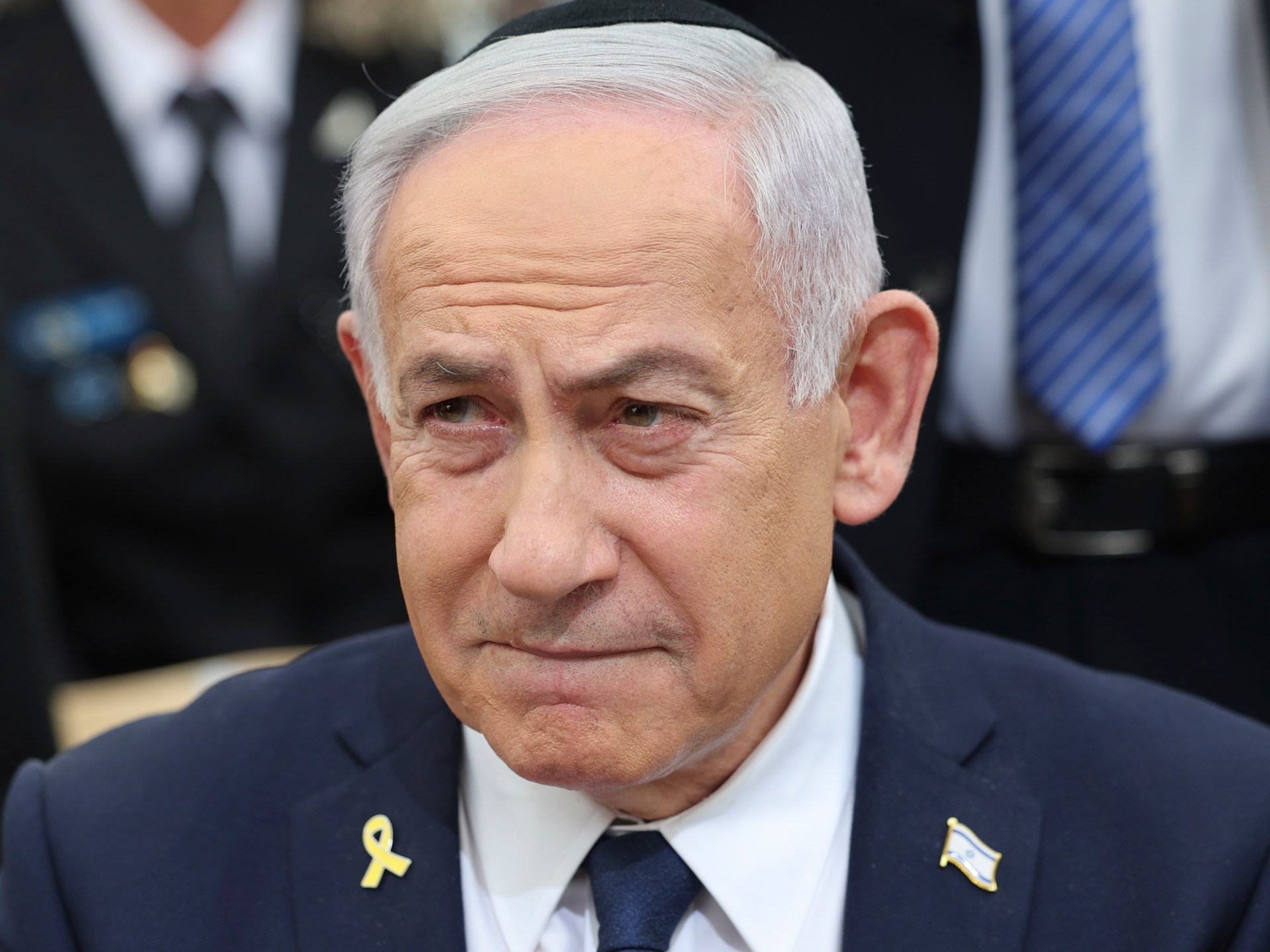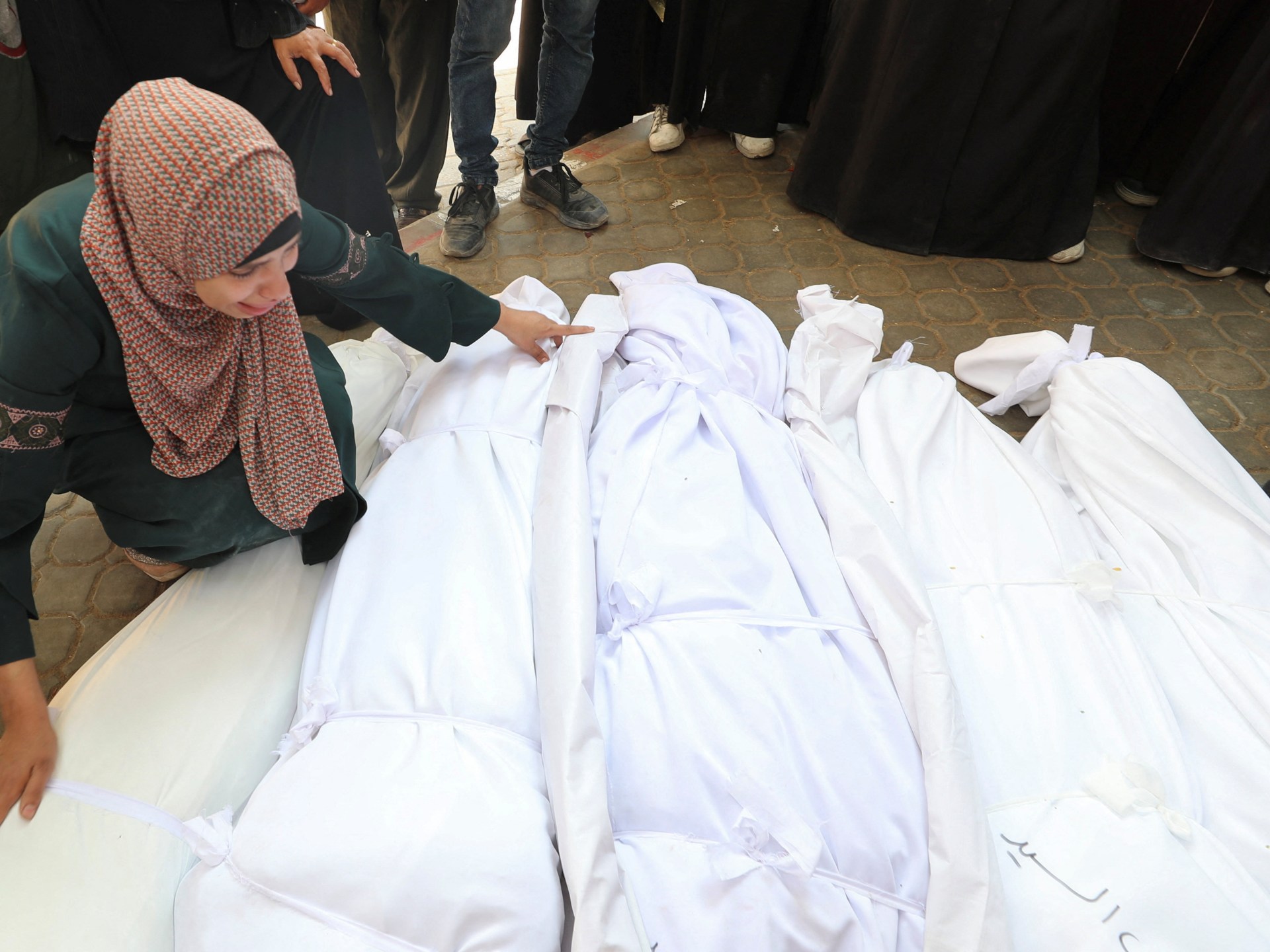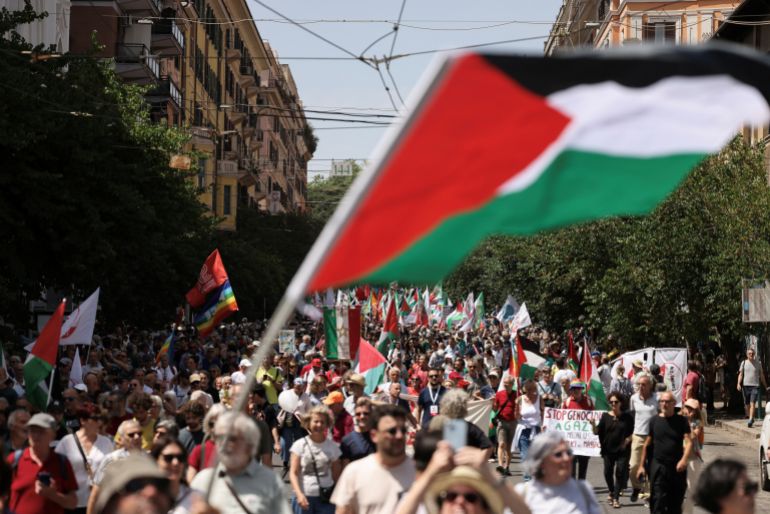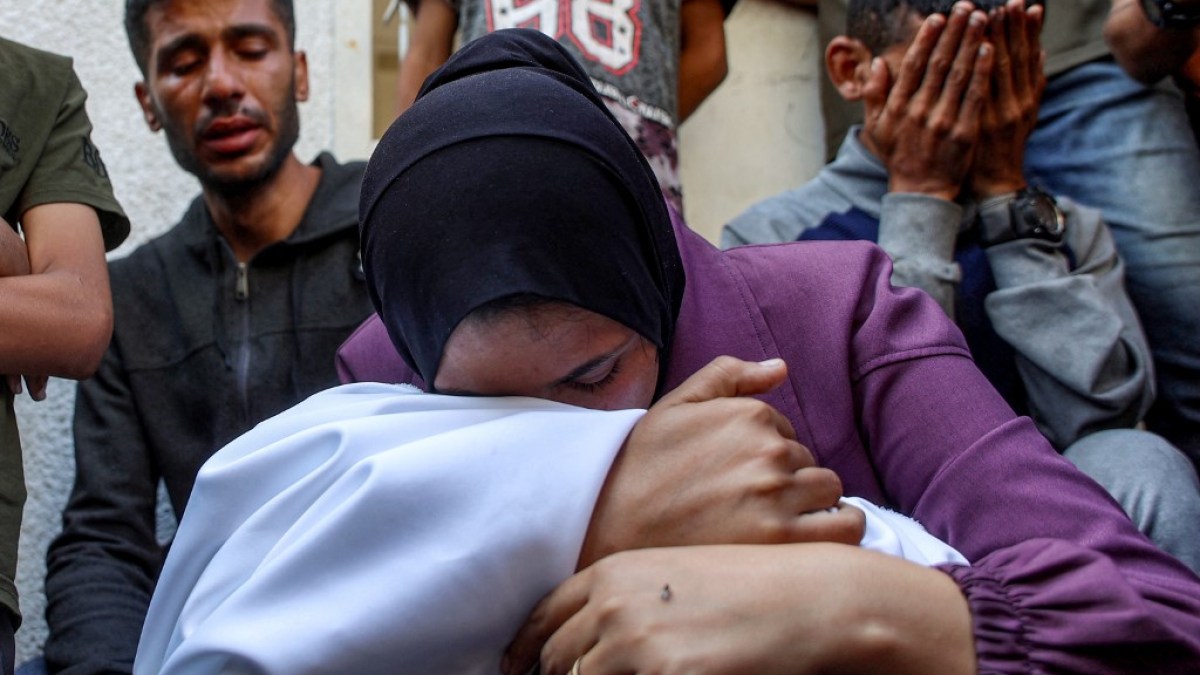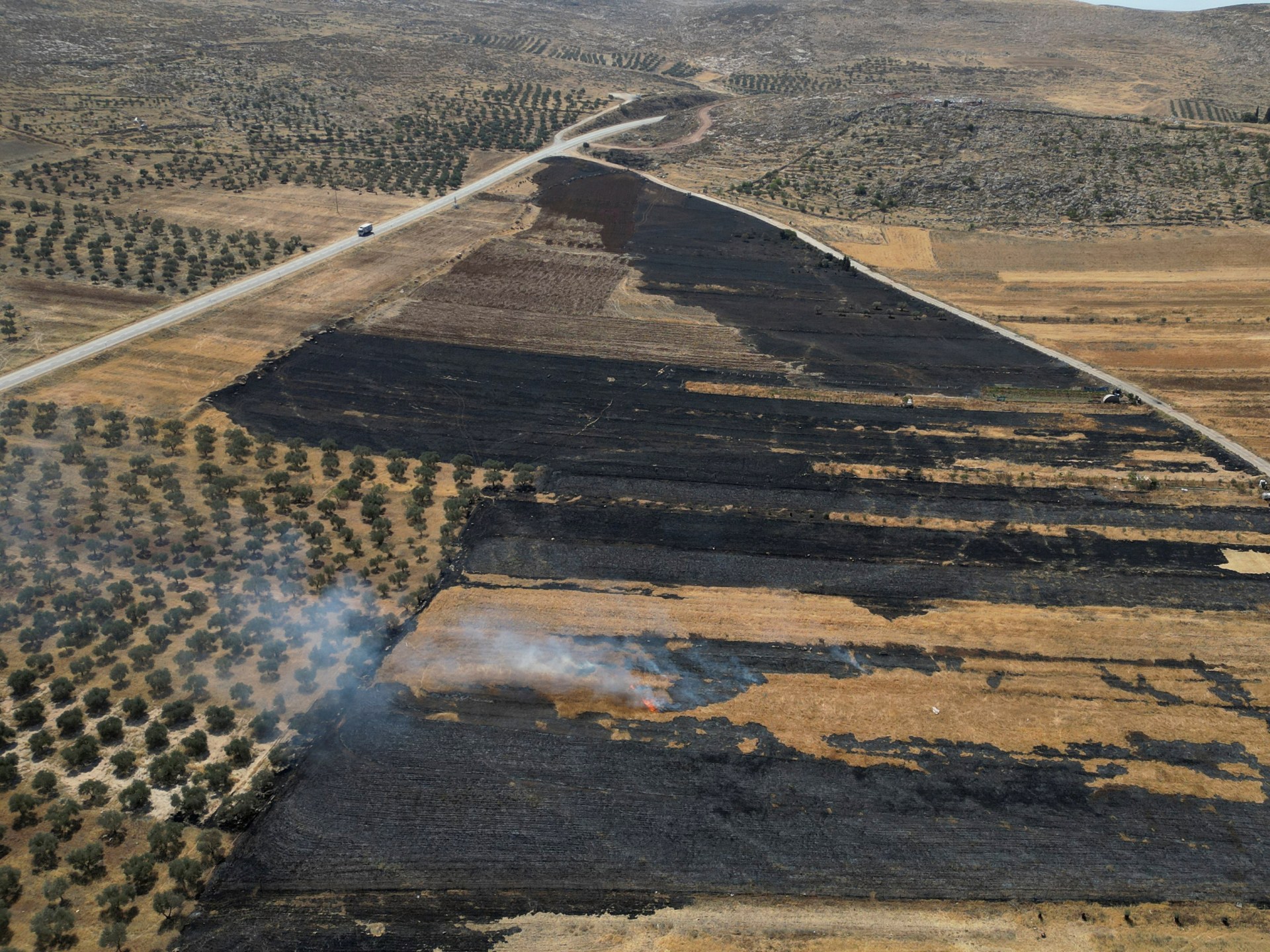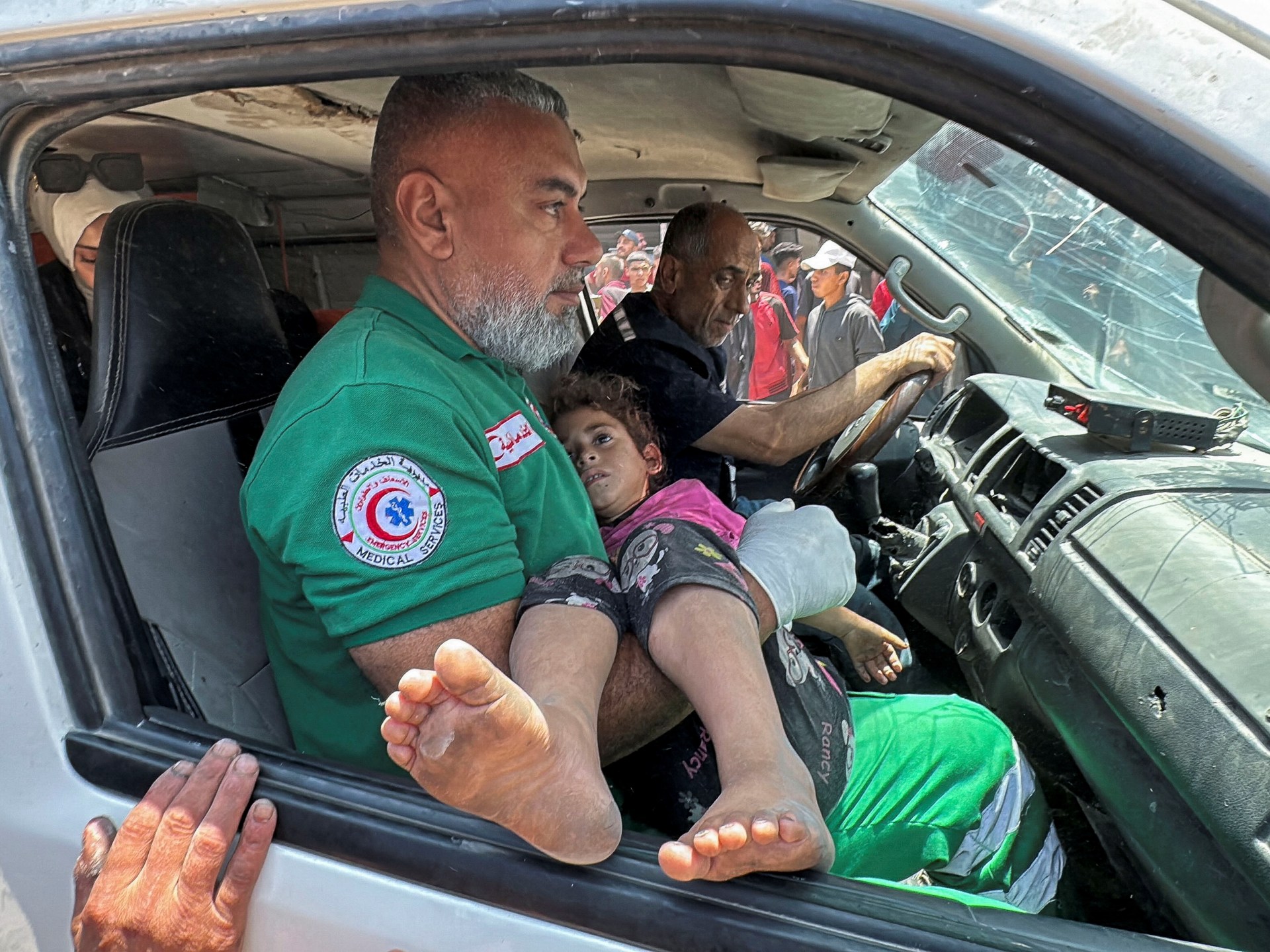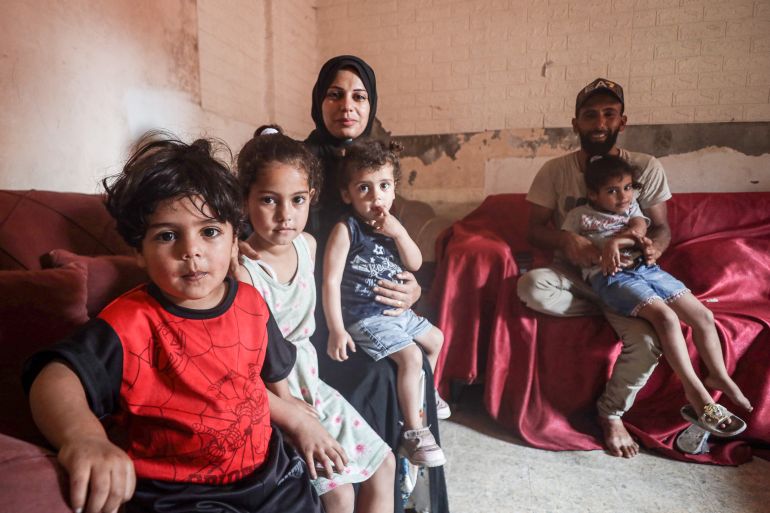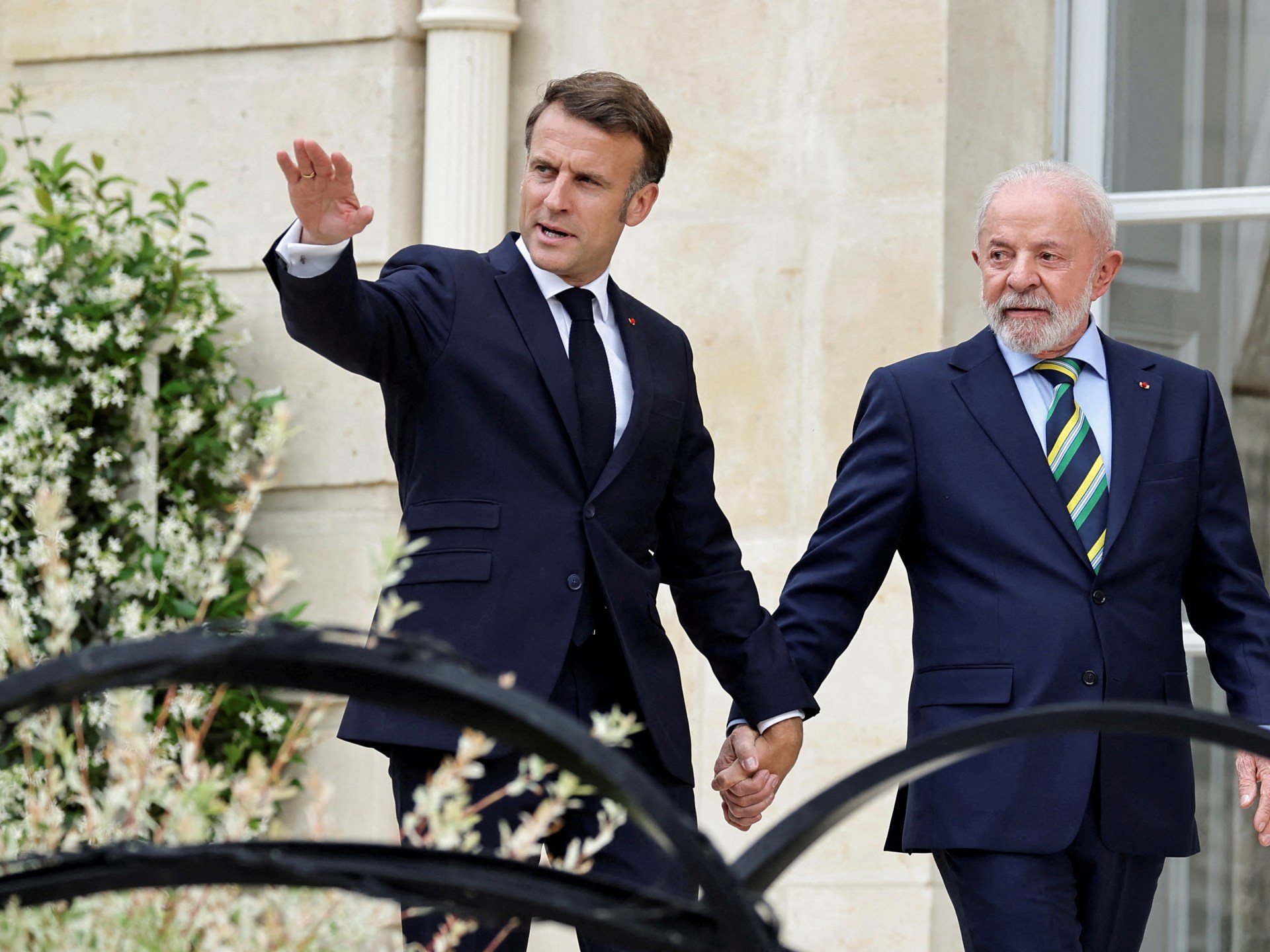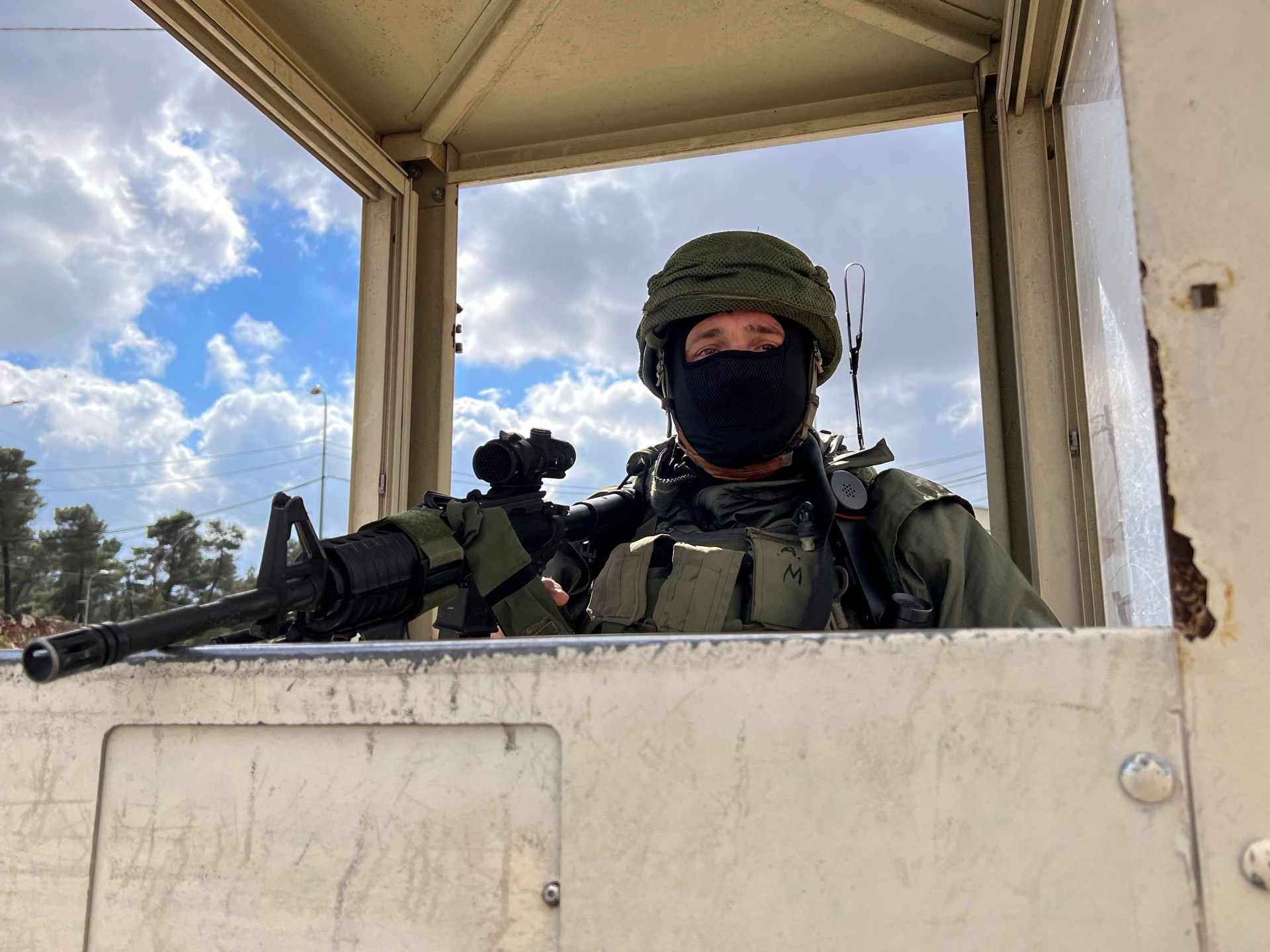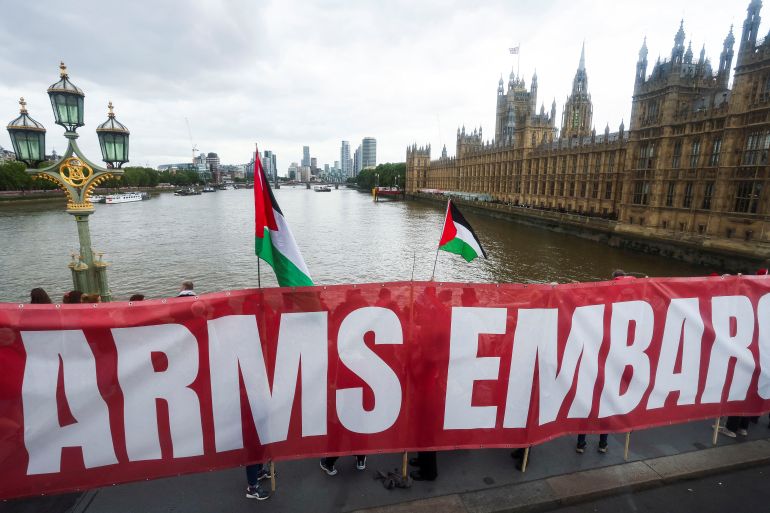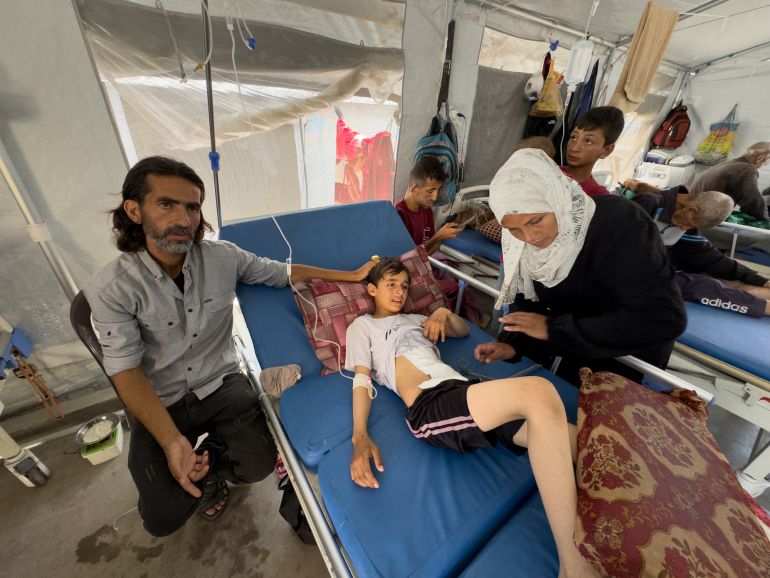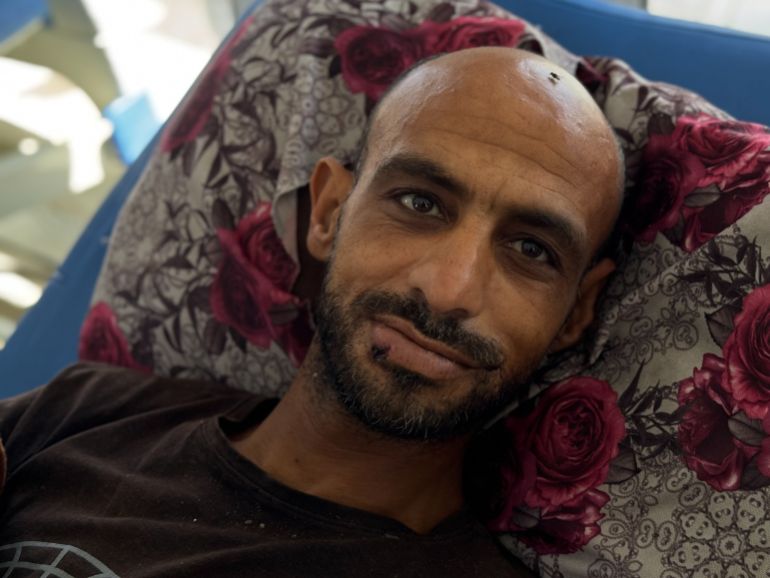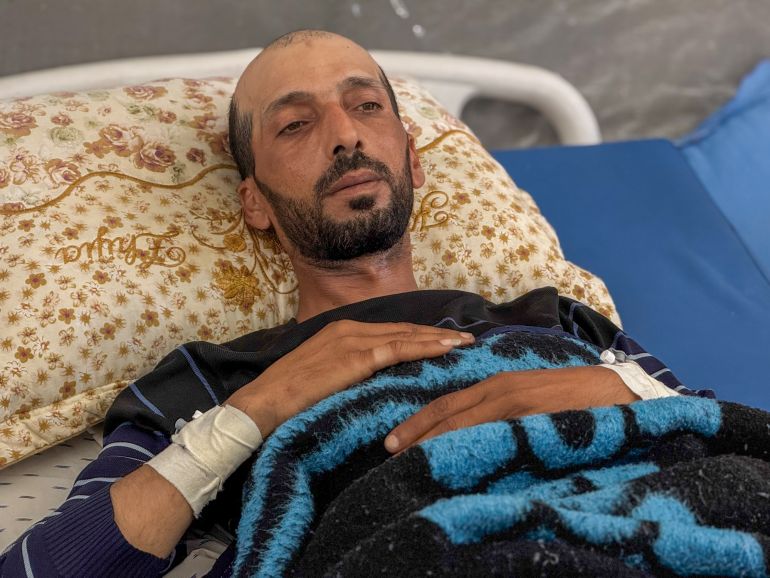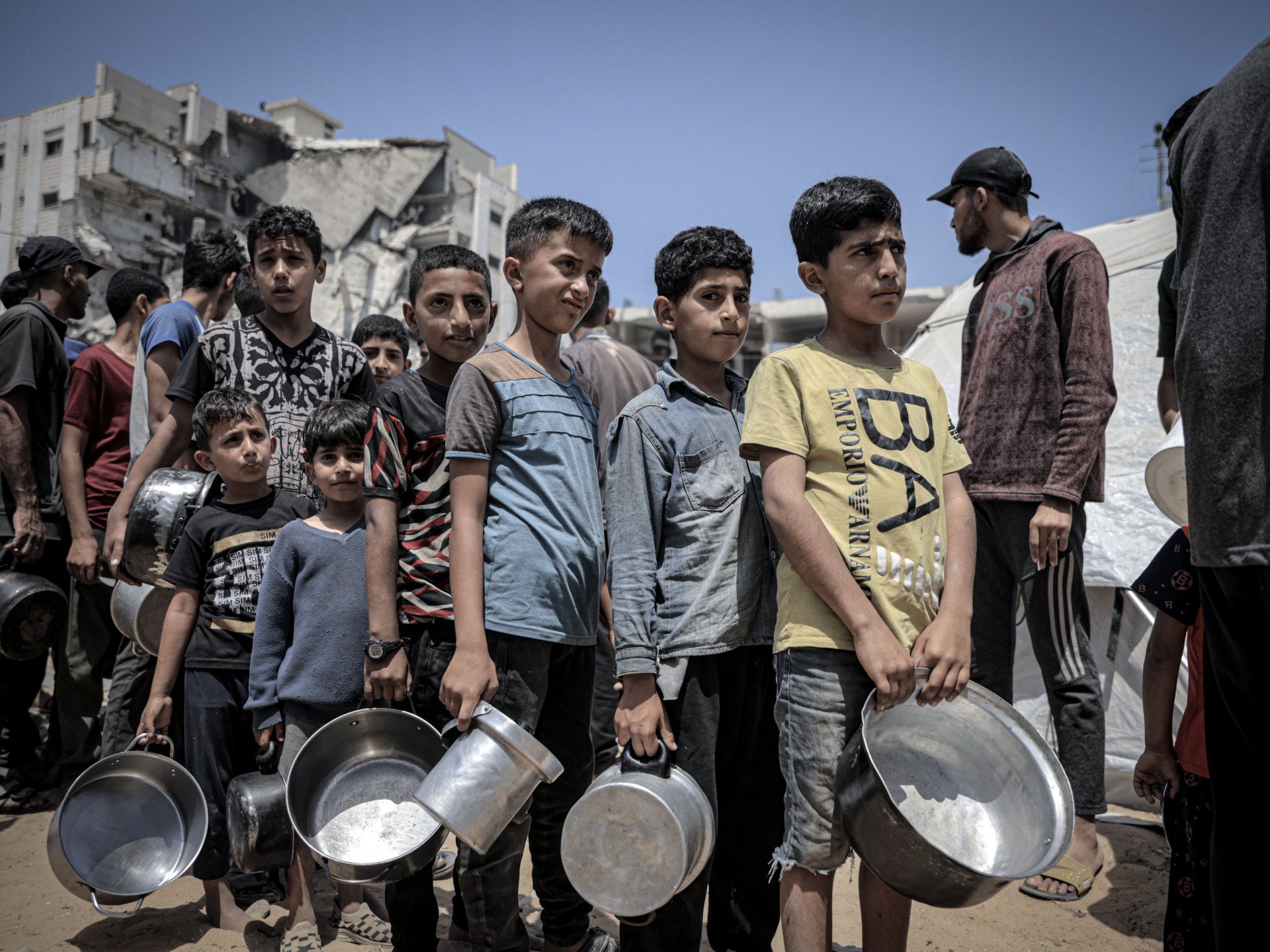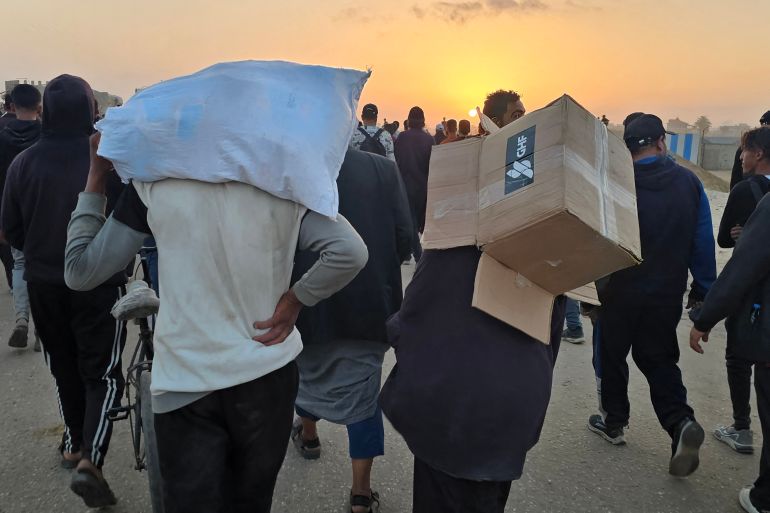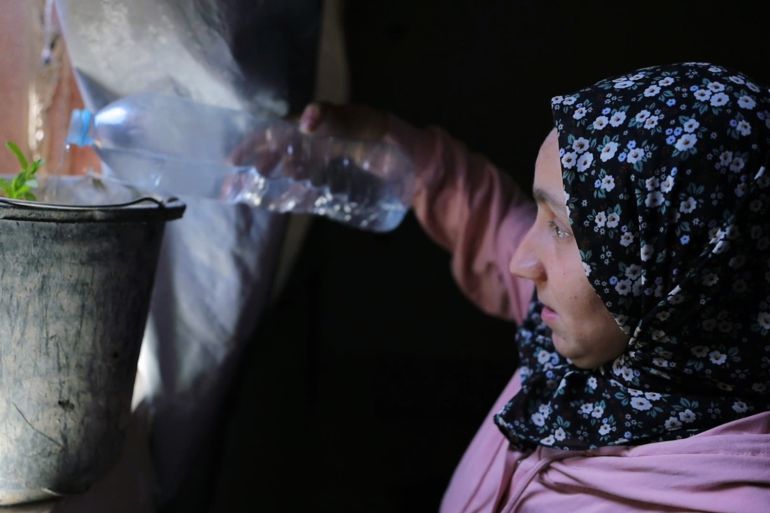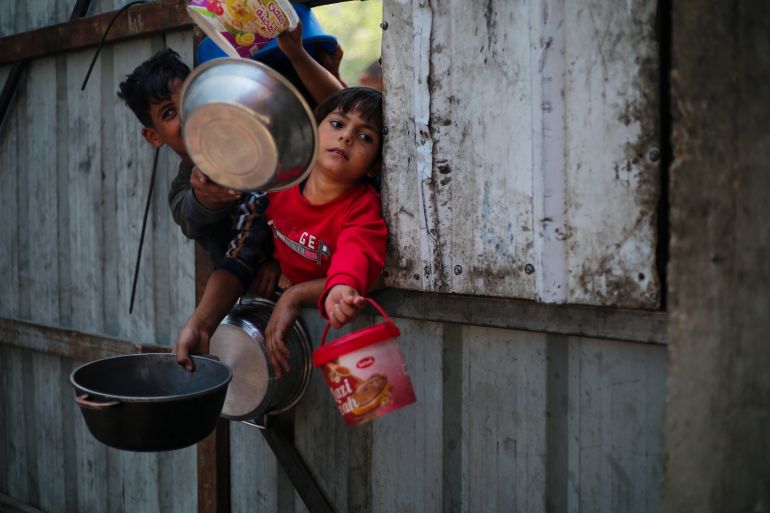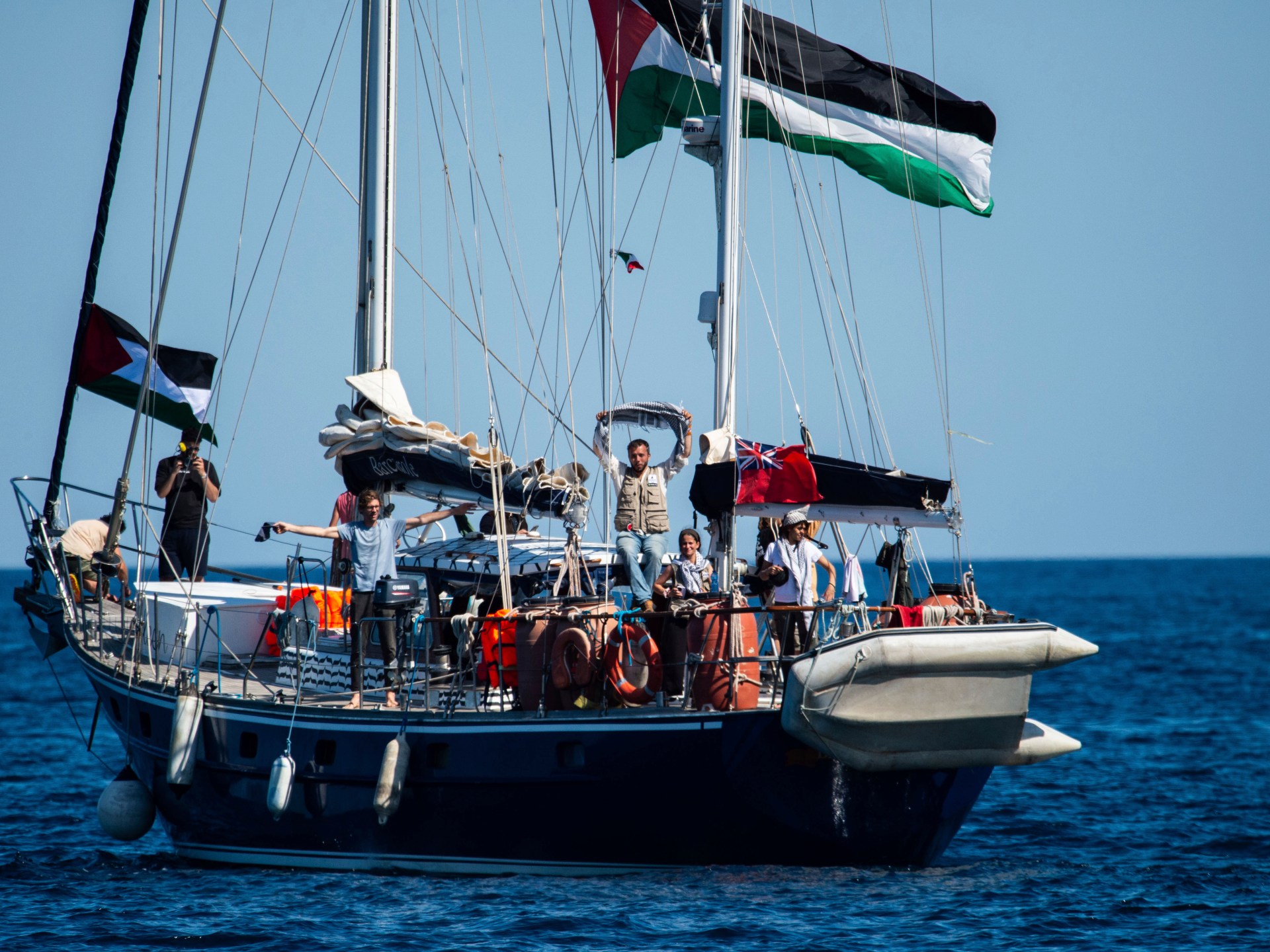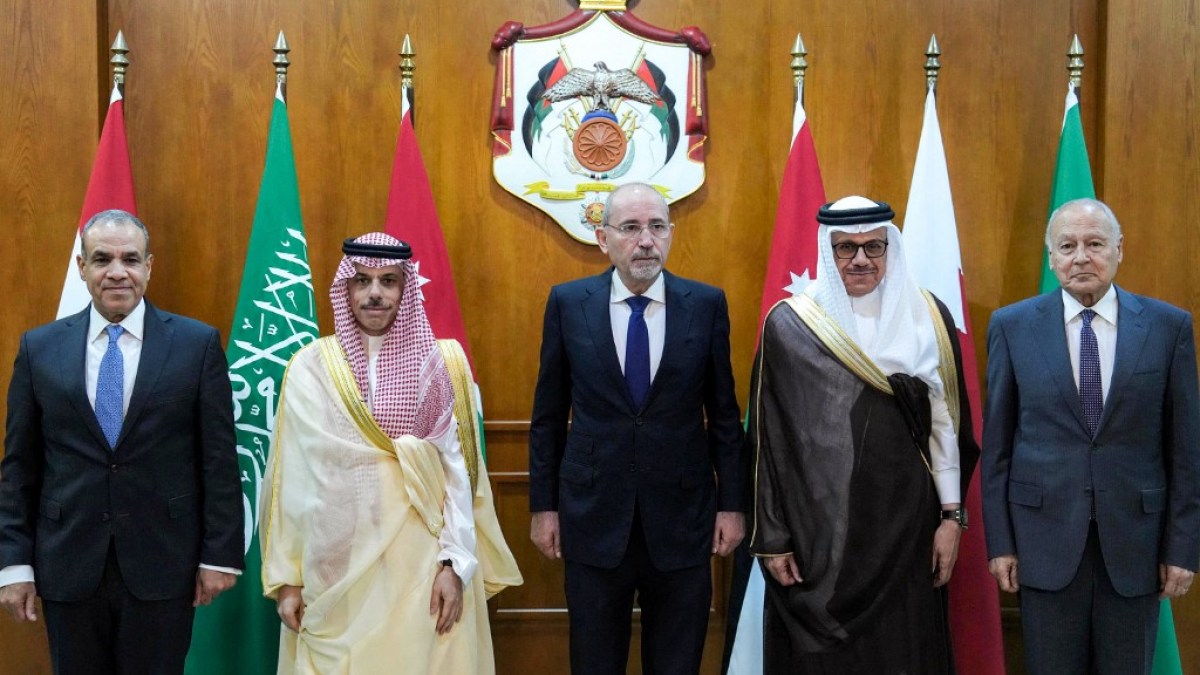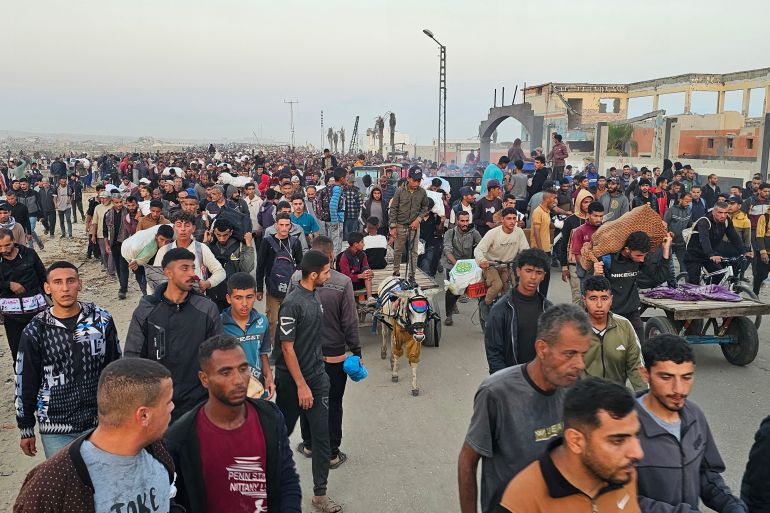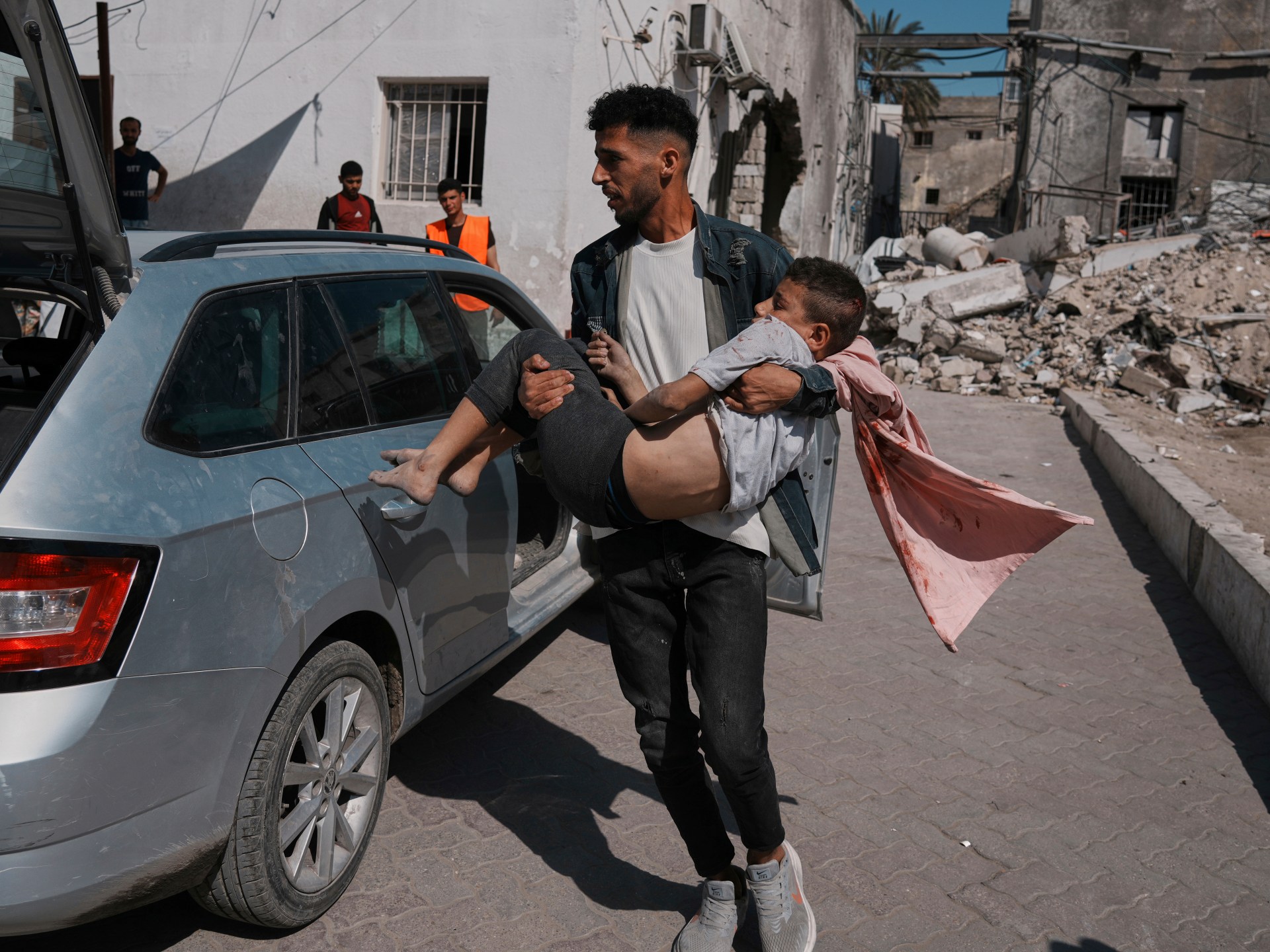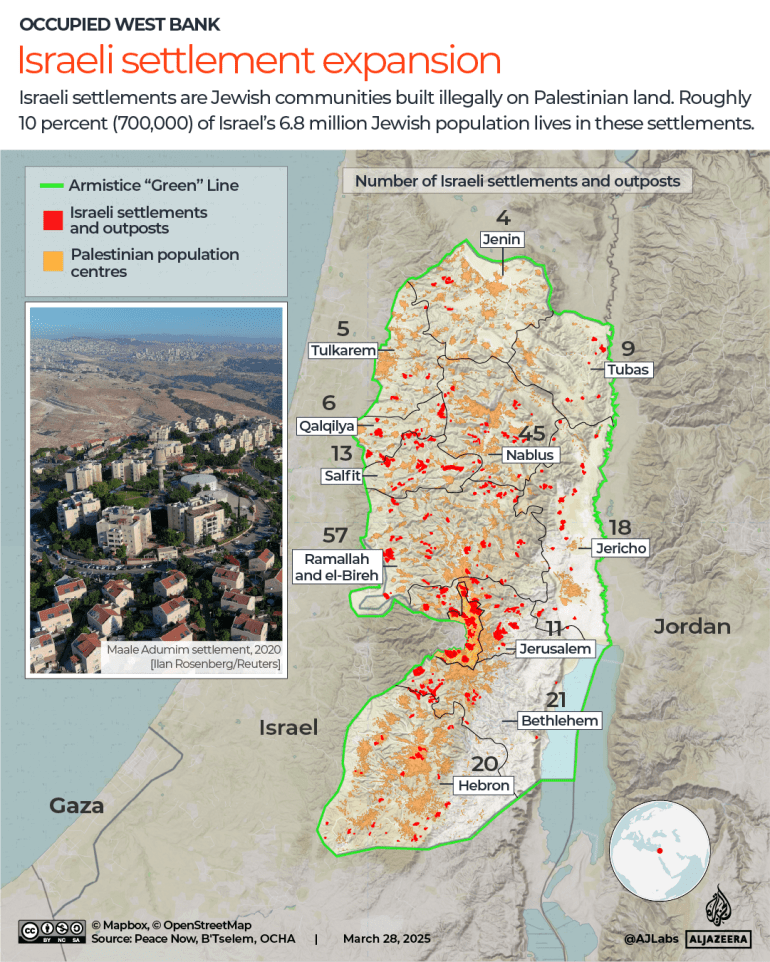‘Clearly an excuse’: Does Netanyahu really want Hamas gone? | Israel-Palestine conflict News
Israel’s war on Gaza rumbles on, even as international condemnation grows.
Hamas has expressed that it is ready for a deal to end the war, even offering to turn over the administration of Gaza to a technocratic government. United Nations Security Council members have overwhelmingly voted in favour of a ceasefire, a resolution blocked from passing only by a United States veto.
But Israel, led by Prime Minister Benjamin Netanyahu, is adamant in its refusal of any agreement that does not include what it calls the “defeat of Hamas”, even if that means endangering the Israeli captives still held in Gaza.
“Hamas is already the weakest it’s ever been, and there’s nothing they can do that is remotely comparable to what Israel possesses,” writer and researcher on Israel-Palestine and founder of The Fire These Times podcast Elia Ayoub told Al Jazeera.
“There’s ample evidence by now that the only reason this genocide is ongoing is because Netanyahu wants it to continue. It’s clearly just an excuse to keep the war going.”
Netanyahu is ‘reliant upon Hamas’
But why would Netanyahu want the war – which is Israel’s longest since 1948, and is causing economic crisis – to continue?
One answer is that the war provides a distraction from Netanyahu’s own problems.
Israel’s longest-serving prime minister has well-documented legal troubles; he is being tried for corruption.
And, aside from that, should a permanent ceasefire be realised, some analysts believe Israeli society will hold Netanyahu accountable for security shortcomings that led to October 7.
“He’s afraid once it’s done, eyes will rightfully turn to him over corruption and the failures of October 7,” Diana Buttu, a legal scholar and former adviser to the Palestine Liberation Organization, said.
And so, Netanyahu has two main tasks. The first is to prolong the war, allowing him to continue using it as an excuse to avoid accountability. The second is to prevent the breakup of his government, while somehow setting himself up for another successful election, which must happen before October 2026.
Netanyahu has been “reliant upon Hamas throughout the war”, Mairav Zonszein, an expert on Israel and Palestine for the International Crisis Group, told Al Jazeera.
“The far right and Netanyahu have consistently used Hamas as an excuse not to negotiate or plan for a day after,” she said.
Israel’s goal has nothing to do with Hamas
The Israeli refusal to negotiate a final end to the war stands in stark contrast to Hamas’s willingness to hand over all captives held in Gaza.
Over the last 20 months, much of Hamas’s leadership has been killed. Ismail Haniyeh, Hamas’s political leader, was assassinated in Tehran on July 31, and Yahya Sinwar, his successor, was killed in Gaza on October 16.
Israel is now claiming it killed Sinwar’s successor and younger brother, Mohammed, though Hamas has yet to confirm his death.
Militarily, analysts say, Hamas is estimated to have lost significant strength. It is still conducting some attacks, but fewer and further between than the ambushes it was able to carry out earlier in the war.
In a sign that Hamas perhaps understands that it is no longer in a position to rule Gaza, it has also offered to step down from the administration of the Palestinian territory, which it has controlled since 2006, and hand over to a technocratic government.
“The technocrat offer is not new,” Hamzé Attar, a Luxembourg-based defence analyst from Gaza, said.
“It was on the table since before the invasion of Rafah [which occurred on May 6, 2024]. They want Hamas to give up their arms and give up everything, and Hamas has responded by saying: ‘We’re stepping aside.’”
That has been firmly rejected by Israel, which has not endorsed any vision for post-war Gaza.
Instead, over the last nearly 20 months, Israel has killed more than 54,300 Palestinians and wounded more than 124,000 in Gaza, according to the territory’s Health Ministry.
Ethnic cleansing: The deeper goal
In addition, Gaza is now “the hungriest place on Earth”, according to the UN, all its inhabitants at risk of famine after Israel strangled aid delivery throughout its war, then completely blocked it from March 2 until May 27.
Israel has also turned 70 percent of the enclave into no-go zones.
All the while, Israel’s bombing of Gaza continues.
Discounting the pretext of destroying Hamas and returning the captives, some analysts believe there is a deeper goal: pushing Palestinians out of Gaza.
“Neither Hamas nor the hostages are the targets,” Meron Rappaport, an editor at Local Call, a Hebrew-language news site, said.
“The goal is to push the people of Gaza into very few, small and closed areas where food will be delivered scarcely, hoping that the pressure on them will get them to ask to leave the Strip.”
“Israel is no longer fighting Hamas,” he added.
Netanyahu said in late May that Israel would control the entirety of Gaza by the end of its latest offensive, while many foreign officials and experts have warned either directly or implicitly that Israel’s actions amount to ethnically cleansing Gaza.
A recent report in Haaretz, the Israeli newspaper, cited 82 percent of Jewish Israelis supporting the expulsion of the people in Gaza.
To do so would have a historic impact, Buttu said, one that Netanyahu might feel he can portray as protecting Israel from a Palestinian state – something he has repeatedly promised to prevent.
“He recognises he will be the fall guy or the hero,” Buttu said. “If he is the one who ethnically cleanses Gaza, he becomes the hero.”
Until that happens, analysts believe, Palestinians will continue to die at the hands of the Israeli military. Hamas is the pretext and their willingness to negotiate or succumb is of secondary importance.
“Benjamin Netanyahu has no intention of ending this war,” Zonszein said. “It doesn’t matter what Hamas offers. They can offer to return all the hostages or give up governance.
“This war is going to continue until Netanyahu is forced to stop it, and that can only come from Trump.”
Additional reporting by Simon Speakman Cordall
